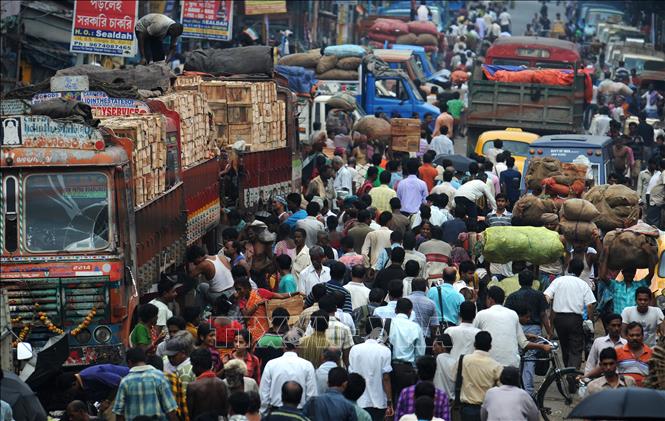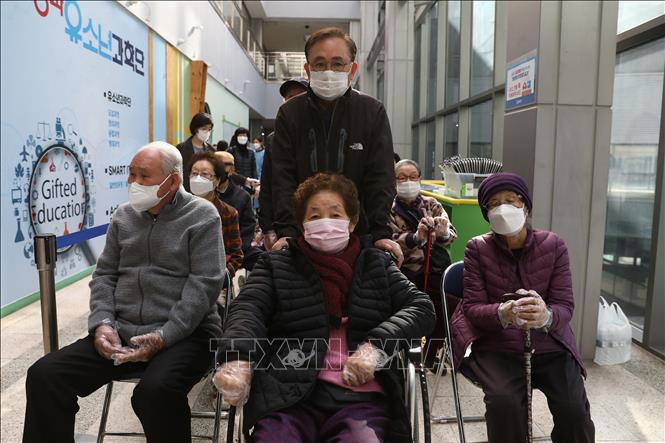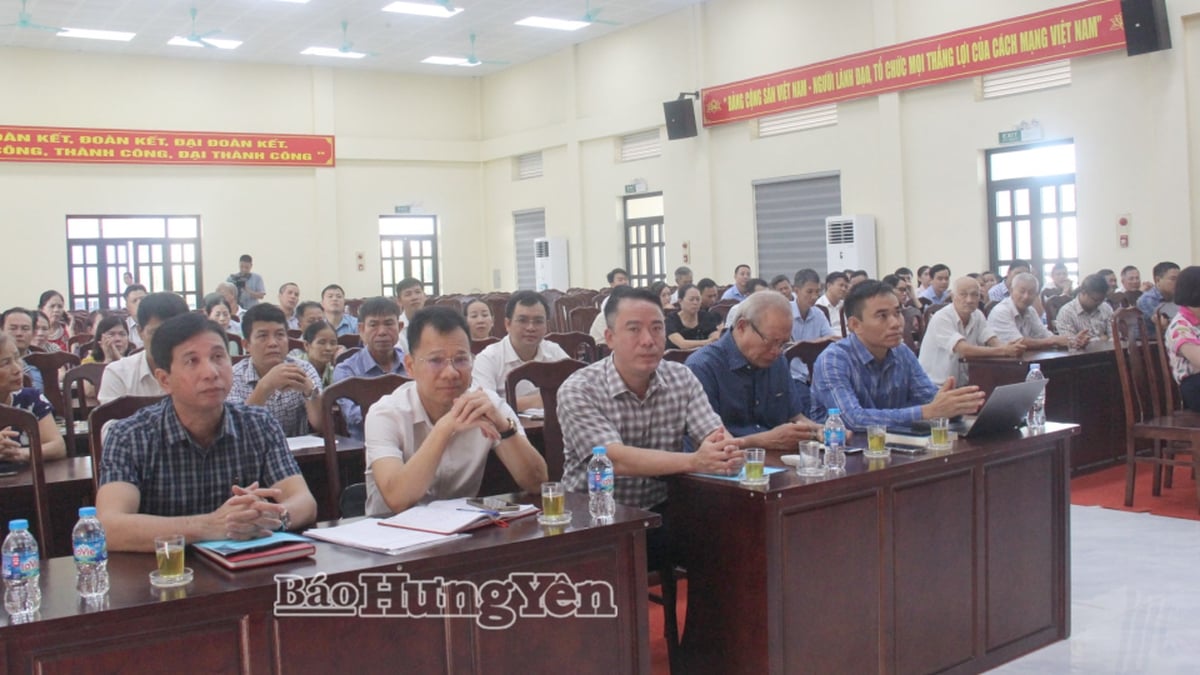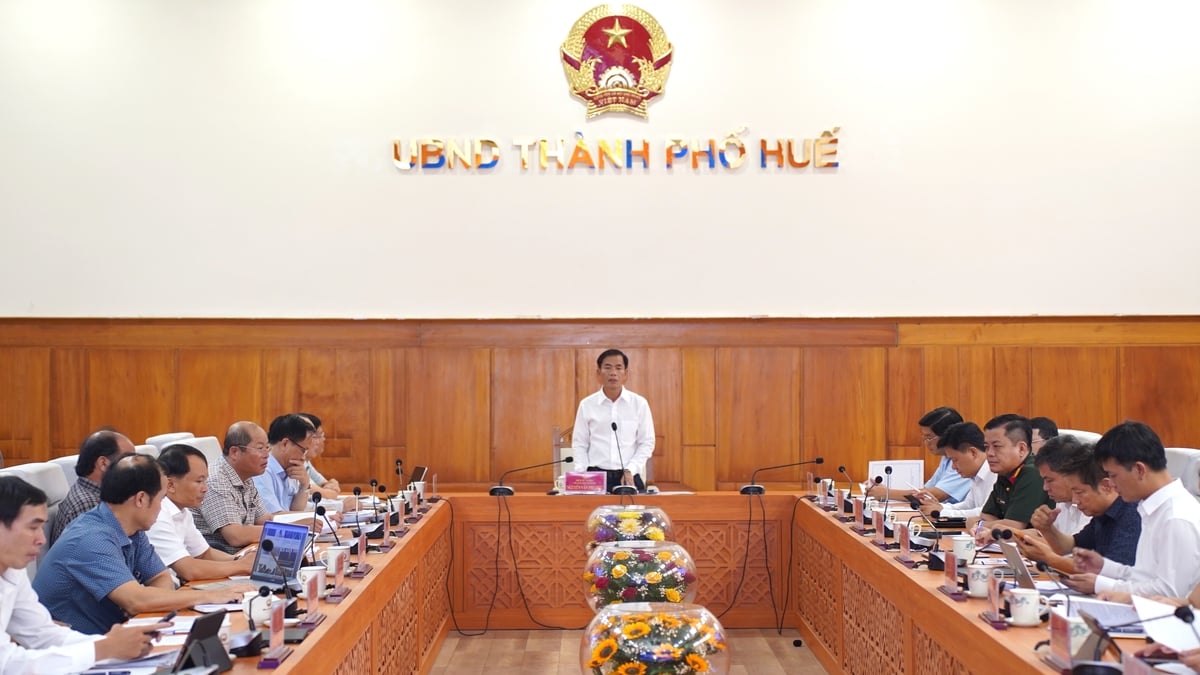It took the world 12 years to grow from 7 billion to 8 billion, roughly the same amount of time it took to grow from 6 billion to 7 billion. According to United Nations (UN) estimates, the global population will reach 9 billion in 14 and a half years, in 2037. By 2080, the world population is likely to peak at around 10.4 billion, and will remain at this level until 2100. Asia and Africa contributed the majority of the increase to 8 billion, and will continue to drive this trend until the global population reaches 9 billion.
Population growth means more people joining the workforce, an important condition for promoting economic development. According to the UN's World Population Prospects 2022 Report, in many developing countries, the proportion of the working-age population (aged 25-64) is increasing. The increase in the "golden population" (a high proportion of the population with working capacity) contributes to promoting socio -economic development. The UN's World Population Fund (UNFPA) believes that the "golden population" period is a great opportunity to promote sustainable development because the abundant labor force, if fully utilized in terms of intelligence and labor, will be the basis for improving the quality of the economy , thereby helping countries achieve the goals of building and protecting the country.
Indian people on the street in Kolkata. Photo: AFP/TTXVN
According to statistics from scientists, in the past 50 years, the global population has doubled, while the size of the world economy has increased nearly 4 times and global trade has increased 10 times. Many Asian countries have taken full advantage of the "golden population" opportunity to create significant results in economic development, this opportunity has contributed about 30% to growth such as Singapore, Japan, and South Korea. For China, this opportunity has brought 15% economic growth over the past 20 years. Vietnam is also in the "golden population" structure phase with nearly 70% of the population of working age (about 65 million people). It is estimated that by the period 2034 - 2039, this number will peak, with about 72 million people, contributing to promoting Vietnam's economic growth.
Not only increasing in quantity, the quality of the population has also improved significantly with increased life expectancy and reduced maternal and infant mortality rates. Statistics show that the average global life expectancy reached 72.8 years in 2019, an increase of nearly 9 years compared to 1990. Although it decreased to 71 years in 2021 due to the impact of the COVID-19 pandemic, the world's average life expectancy is forecast to increase again to 72.2 years by 2050. This reflects advances in the field of health care, helping to increase life expectancy and reduce maternal and infant mortality rates. At the same time, this is also the driving force to promote research on science and technology, advances in the field of medicine to improve the quality of life, meeting the increasing needs of people.
However, opportunities also come with challenges. Population growth naturally puts pressure on infrastructure systems, social welfare foundations, health care services, education, and increases social inequality as well as the gap between rich and poor. Many experts believe that global challenges such as economic instability, climate change, conflicts, and resource disputes can originate from overpopulation, due to too much demand but not enough supply. In particular, increasing average life expectancy while the birth rate is decreasing is promoting the trend of population aging that many countries in the world are facing. Population aging affects labor markets, national pension systems, and requires more elderly care services. UN Secretary-General Antonio Guterres noted that as the global population continues to increase, population aging will be a significant challenge for the economy, society, and environment, as well as in ensuring the quality of life of people.
The increase in the number of people on the planet has serious impacts on food security, water security, and puts heavy pressure on the natural environment and ecosystems, due to overexploitation by humans, leading to depletion of natural resources, loss of biodiversity, and climate change. The level of destruction of the natural environment at such a “speed of destruction” also causes natural disasters and dangerous epidemics that threaten the population. Meanwhile, climate change causes the Earth to heat up, leading to deadly extreme weather events such as heat waves and floods that have occurred consecutively in recent years around the world.
Elderly people wait to get vaccinated against COVID-19 in Seoul, South Korea. Photo: AFP/TTXVN
According to scientists, the world's population is exceeding the sustainable limits of the Earth. Therefore, living in peace with nature by cultivating more efficiently, stopping the expansion of agricultural areas that harm the ecosystem and changing to a more environmentally friendly diet, in addition to the transition to a green economy, are synchronous solutions that need to be implemented to ensure enough food in harmony with the goal of sustainable development. Regarding the issue of population aging, in addition to encouraging childbirth, experts call on countries to implement appropriate solutions so that the elderly are not considered a burden when they can contribute to society thanks to their experience and expertise.
People are the subject of the population problem, and at the same time, the solution to promote motivation and overcome challenges. The relationship between population growth and sustainable development affects many aspects, but if countries have reasonable population development policies, know how to exploit and make the most of human resources between generations, and at the same time offer flexible retirement ages to suit many situations and individuals, they can turn challenges into opportunities. UNFPA Executive Director, Dr. Natalia Kanem commented: "People are the solution, not the problem. Past experience shows that investing in people, in people's rights and choices, is the path to peaceful, prosperous and sustainable societies."
According to VNA/Tin Tuc Newspaper
Source link




































































































Comment (0)